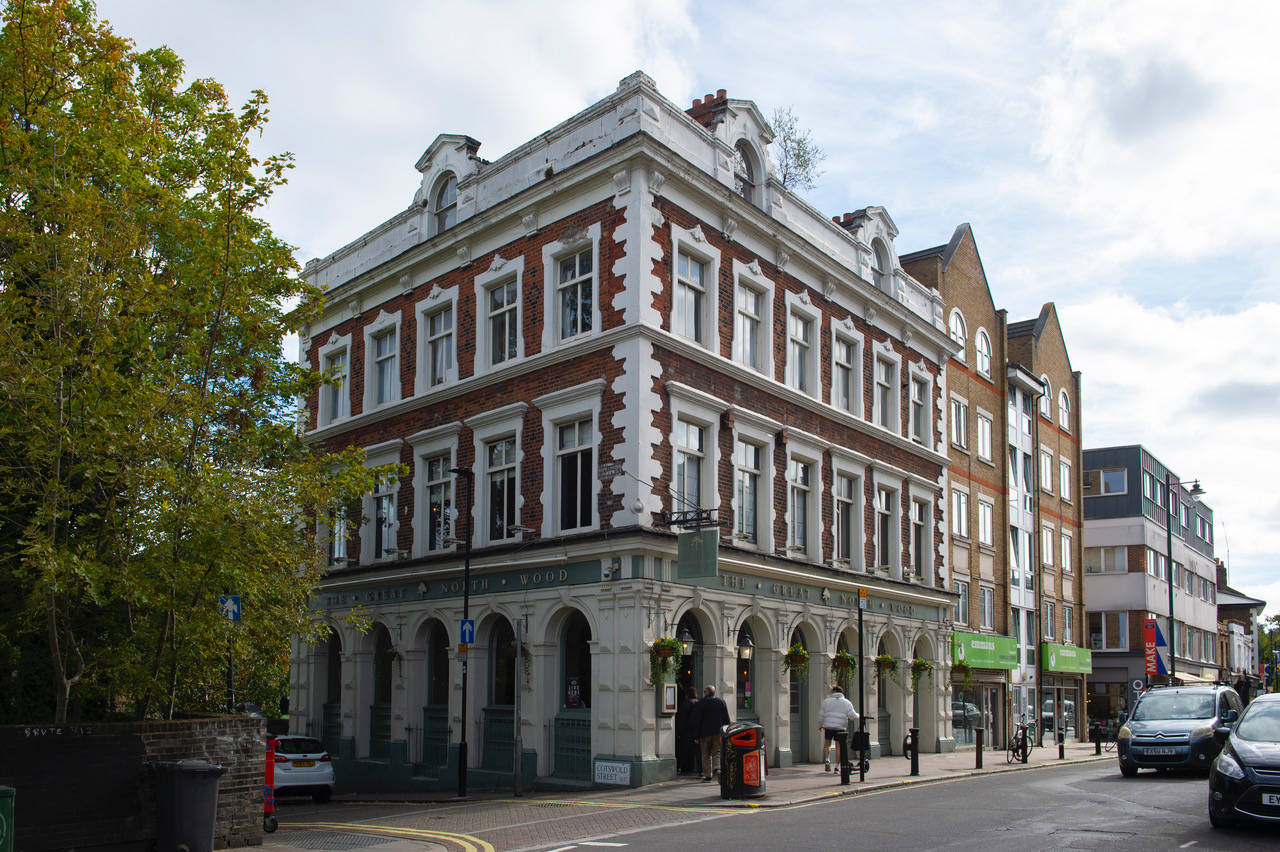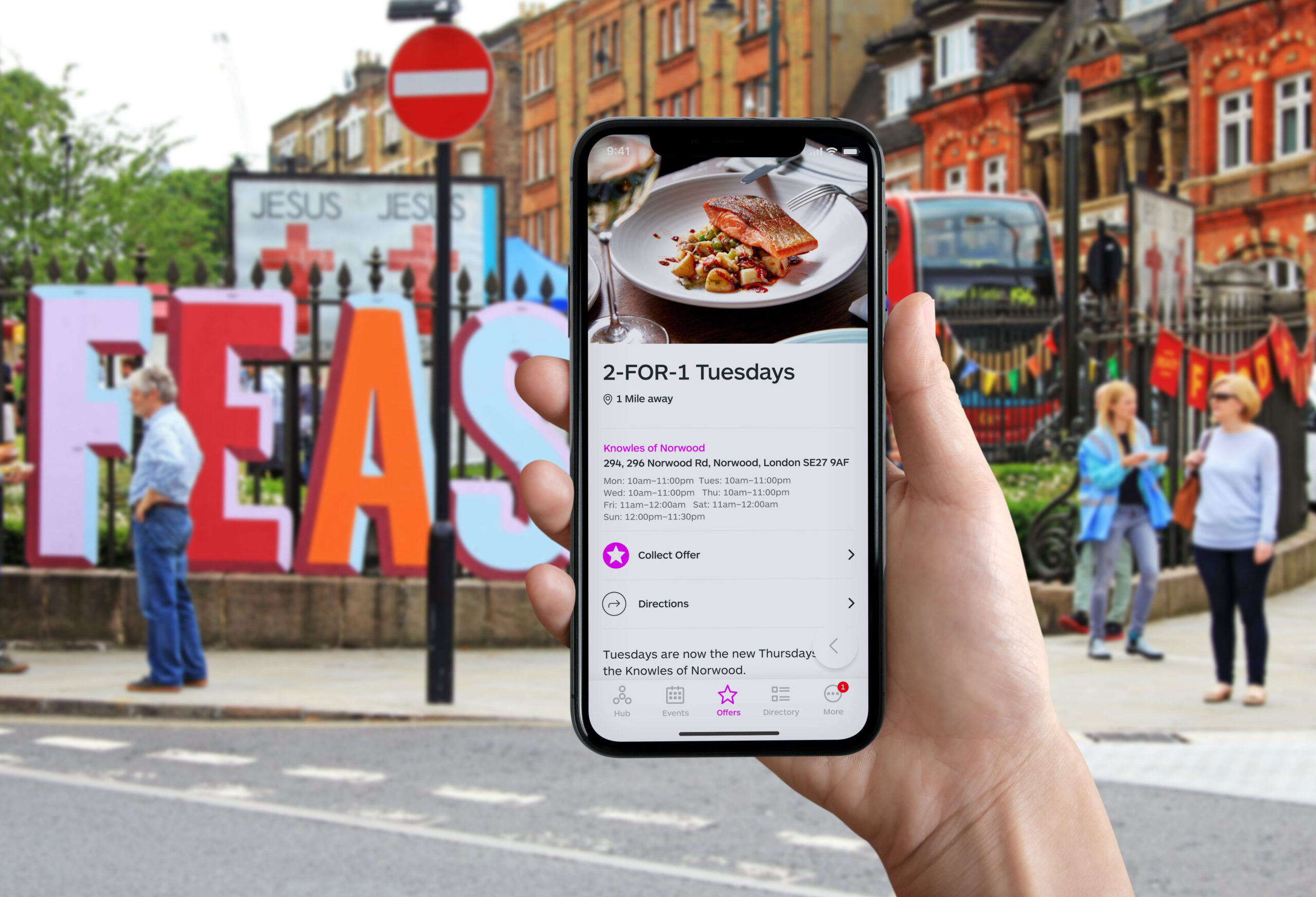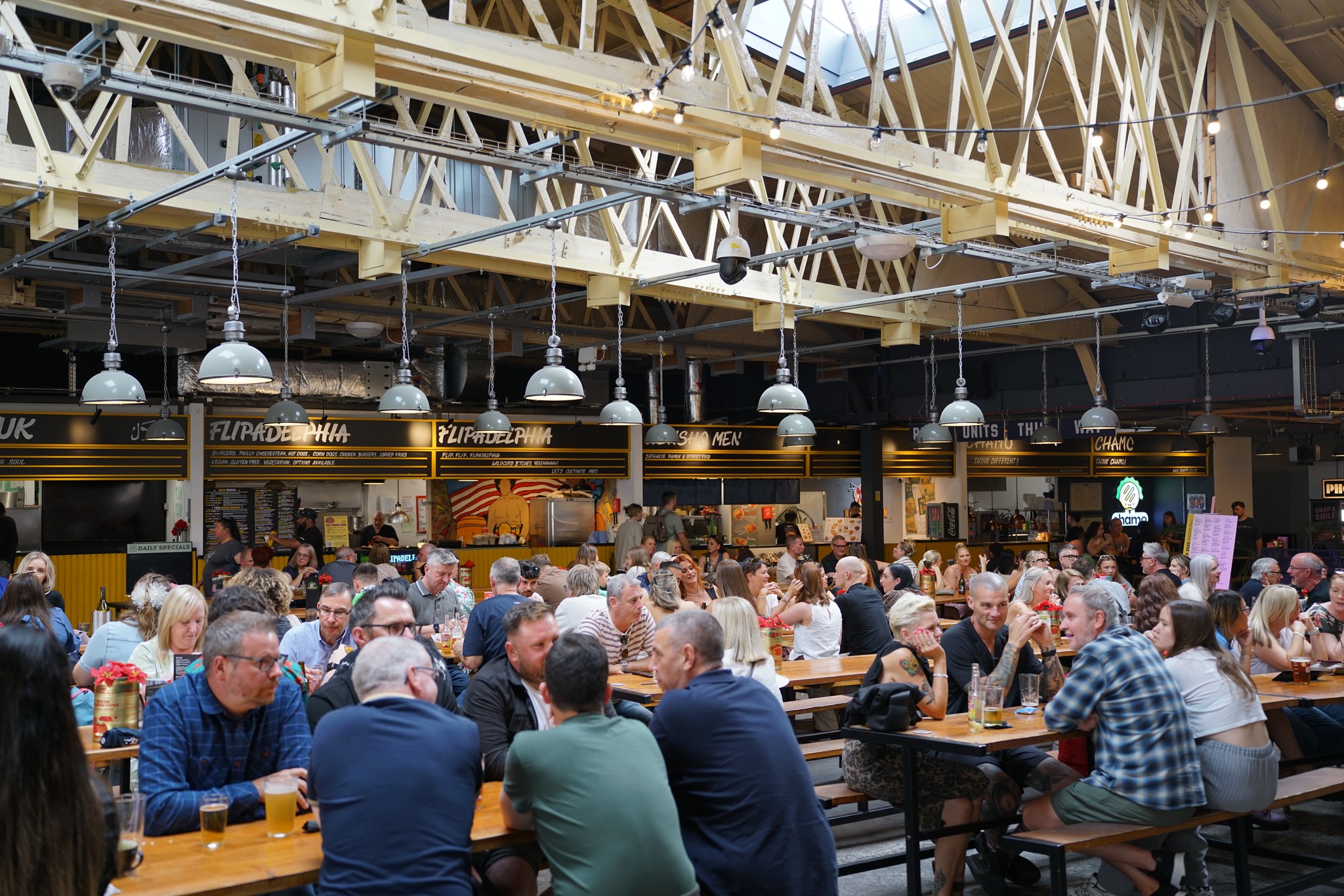Last orders are being called on our pubs. In 2025, more than one will vanish every single day, putting 5,600 jobs on the line. If ever there was an excuse to visit your local, consider this your opening.
The backdrop is a crash course in everything we know about the modern trading environment and societal trends. Rising business rates, beer duty, VAT, national insurance contributions, and energy costs are all squeezing margins. Shifts in behaviour add to the challenge as young people swap pints for gym memberships, and work-from-home for after-work drinks. Add in the average price of a beer topping £5 nationwide, and a trip to the pub has simply become unaffordable for many.

Photo credit: Corporate London Photography
Yet these closures resonate beyond the economic effects. Pubs are vital social hubs, providing connection, entertainment and community cohesion. So, finding new ways to keep their doors open has never been more important.
Many are finding creative ways to stay relevant within their towns and cities. Across the UK, venues are reimagining what a pub can offer beyond lager and Premier League football, turning bars into office spaces, beer gardens into opera stages and function rooms into art galleries. A little imagination goes a long way.
But creative programming alone isn’t enough. Pubs need the marketing tools to draw new and varied audiences in through their doors. And social media, with its obtuse algorithms and unpredictable reach, isn’t meeting the brief.
The Great North Wood pub in West Norwood is a case in point. Named after the area’s leafy past, the pub has been more than just a pint stop for the local community since 1864. But even a 150-year history won’t keep the taps flowing unless they keep up with the times. Casper is the manager of the pub:
“We can’t take for granted that people will keep coming back to us just because we’ve been around for so long. We need to constantly adapt to the consumer needs, understand what they’re looking for and how to reach them.
We’ve always done quiz nights and comedy nights, but these days we’ve become a space for chess club, craft club and life drawing. It’s a long way from what you would have found if you’d walked through the front doors in 1864”
And the Great North Wood also has a powerful tool to connect with the local community. Since 2023, their local business improvement district, Station to Station BID, has been running the ChooSE27 Digital Town Hub that allows local businesses to reach a new and relevant audience that is interested in their events. Casper is under no illusions about what the platform offers:
“The ChooSE27 Digital Town Hub has allowed us to reach out to the local community using push notifications. We’ve seen a marked rise in locals attending events such as themed quizzes or comedy nights. So it’s had a direct impact on our bottom line.”

The Black Lion pub in Shropshire is another community hub that has faced its share of challenges over the years. Set in a historic Grade II listed coaching inn located in the heart of the charming market town of Ellesmere, the pub’s character and tradition didn’t prevent it from closing its doors back in 2022.
Now re-opened under new management, it is using every tool at its disposal to reclaim its position as the heart and soul of the local community. AJ Hunter is the pub’s new landlord.
“The Black Lion is part of the character and identity of Ellesmere. Since we re-opened the doors, we have so much we want to tell the local residents about, from live music to seasonal menus, and one-off events.
Luckily, we have a digital town hub that has been a real game-changer for us. From the day we opened, “Ellesmere Pulse” gave us a direct way to reach the local community with our news, offers and events. The ability to post real-time notifications, link to booking pages, and share seasonal offers means we can connect instantly with people who live and work nearby.”
The job of the pub landlord has expanded far beyond serving up good beer. Today, the ability to connect with customers even when they’re not inside the pub is vital. And that’s just as true whether you run a regional gem such as the Black Lion or a food and drink destination in one of the UK’s busiest tourist towns.
Take Abingdon Street Market in Blackpool, for instance. Home to six street-food businesses, a coffee shop, a cocktail bar and a craft beer lovers’ bar. Its events calendar ranges from kids’ parties and games nights to live music events featuring some of the UK’s best-known DJs.
Manager Jake Whittington understands the challenge of reaching residents and visitors alike in an increasingly competitive environment. One of his key tools has been the town’s GO Blackpool digital town hub, run by Blackpool BID:
“GO Blackpool has been a really useful way for us to reach people living and working nearby. It’s quick to update and means we can share what’s happening in the market without relying only on social media.
We use it to post our live events, new food offers and trader news, and it’s good to know it’s being seen by locals who are already out in town looking for somewhere to eat or spend time.
It’s also helped connect us with other businesses in the area. You can see everything that’s going on in one place, which makes Blackpool feel that bit more joined up.”
Earlier this year, Blackpool BID used the GO Blackpool app to host the first ever Blackpool Restaurant Week, helping participating hospitality venues capture a surge in demand through collective local marketing.

Loqiva’s digital town hubs are playing an increasingly central role in helping pubs reach their audiences without the limitations of social media. While platforms like Facebook and Instagram promise reach, their algorithms prioritise paid content, meaning pubs must constantly spend to reach even their own followers, essentially renting an audience they’ve already built. Worse still, social media platforms cast a wide net that often misses the hyperlocal audience pubs actually need: the people who live and work within walking distance.
Reimagining a pub’s function is just the first step. Offering craft nights, comedy festivals, or even life drawing classes can transform a venue, but all of that effort counts for little if nobody knows about it. The real challenge lies in connecting with the local community to let them know that something new is happening. Hyperlocal marketing tools, such as those provided by digital town hubs, can be the difference between last orders and a full house
Closing time may be looming for some, but for those ready to adapt, the next round is just getting poured.